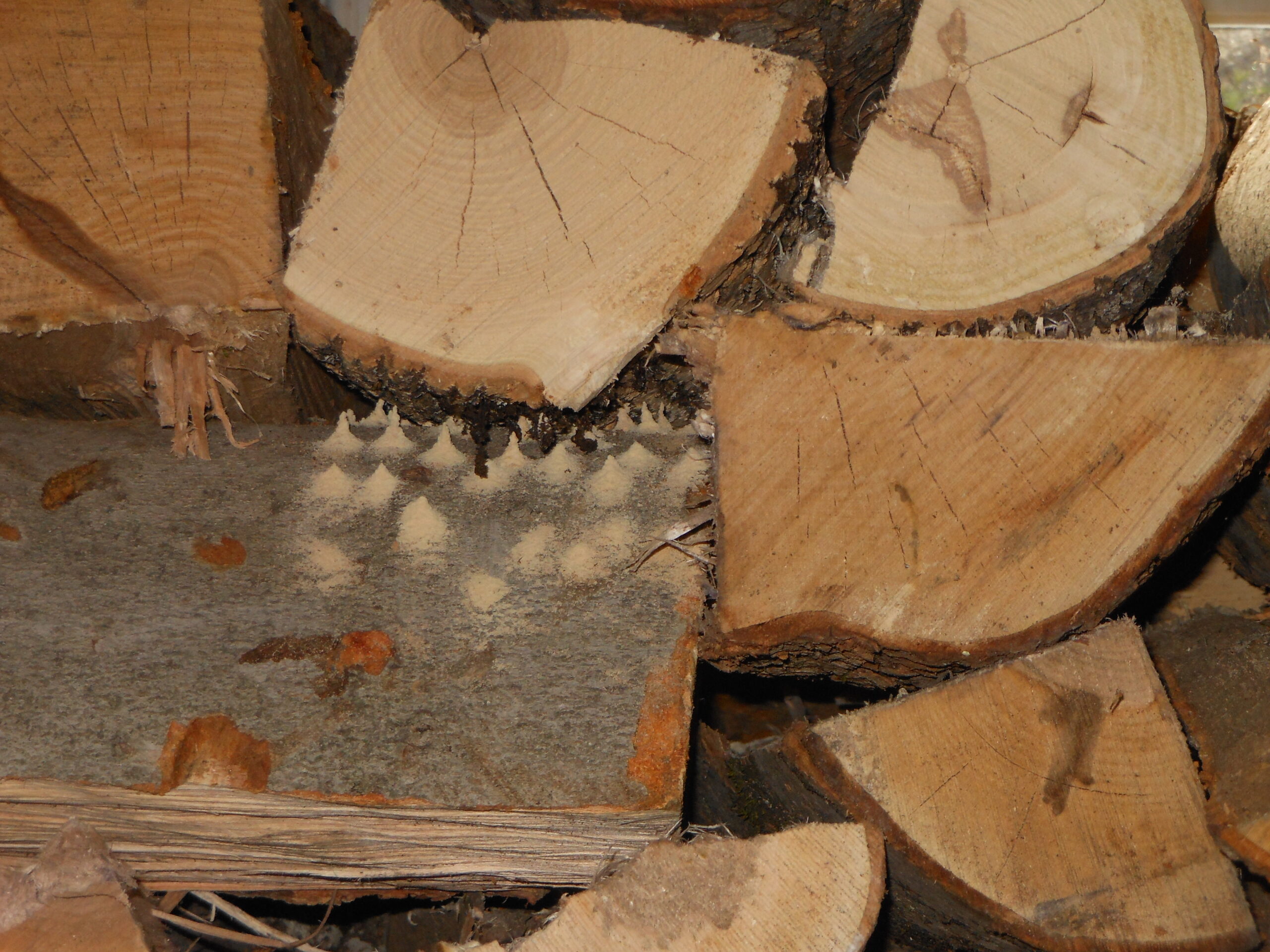
AUGUSTA, Maine — The Maine Department of Agriculture, Conservation and Forestry (DACF) is reminding the public about the risk of spreading tree-killing invasive species while moving firewood. New infestations of invasive pests or diseases pose a serious threat to Maine’s landscapes, trees, agriculture, forests, wildlife and the environment.
Harmful invasive species, some of which are invisible to the naked eye, can hide in or on firewood, said state officials. While most cannot move far on their own, these pests and diseases can be carried long distances on travelers’ firewood and start new infestations. Native tree species and planted fruit trees and shrubs lack defenses against these new pests and diseases. Infestations can destroy entire forests, lower property values, and cost millions of dollars to manage.
“It is often impossible to tell just by looking at the wood whether it is has devastating insects or diseases hitching a ride in or on it,” said Gary Fish, state horticulturist. “Never assume wood that looks uninfested is safe to move.”
“Important steps towards slowing the spread of invasive species we can all take are: 1) to realize that untreated firewood moved a long distance is a threat to trees and forests and 2) commit to using only local or certified heat-treated wood,” said Allison Kanoti, state entomologist.
“Bringing untreated firewood into the state is banned, but in a state as big as Maine, the commitment to use local or heat-treated wood needs to be applied to movement of firewood within the state as well,” Kanoti said.
As camping resumes this year, DACF urges all campers to source firewood locally, rather than bringing it with them. Typically, the firewood sold by in-state vendors is affordable, locally sourced, or heat-treated to eliminate pests and diseases. The Firewood Scout website contains information on finding local firewood: http://www.firewoodscout.org/.
To limit the spread of invasive species, campers should use firewood certified as heat-treated, buy wood at their destination or gather it on-site where permitted, and burn all wood on site, rather then taking leftovers home or to a new location.
DACF safeguards Maine’s natural resources against harmful insects and diseases through plant pest quarantines, which limit the movement of certain plant material within, into or out of the state. Over the last hundred years, invasive pests have killed tens of millions of trees in forests, cities and communities across the country.
Quarantines can help limit the movement of potentially infested wood, but everyone has to do their part to stop or slow the spread of invasive species. Learn more about invasive threats and Maine’s six forestry related quarantines currently in effect on maineforestservice.gov.
Learn more about Maine’s untreated out-of-state firewood ban online at www.maine.gov/firewood.







